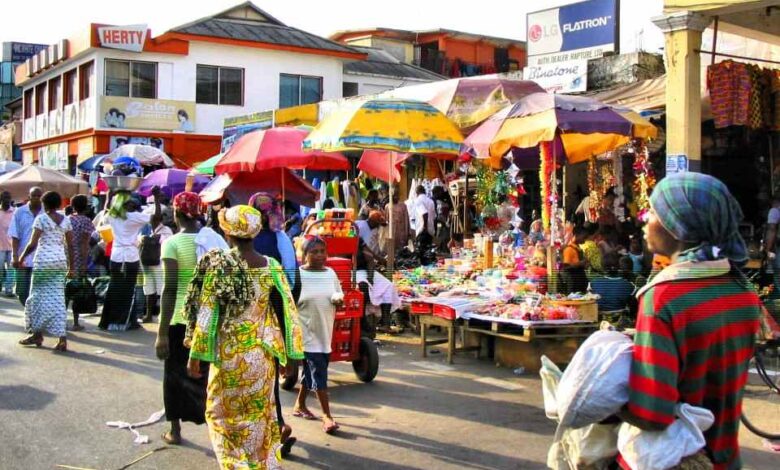Ghana’s workforce struggling despite economic growth

Despite Ghana’s economic growth, the country’s workforce is struggling to see real gains in income or job security, the World Bank’s latest Ghana Economic Update reveals.
Between 2012 and 2023, industry and services added 720,000 jobs while agriculture lost 470,000. Urban areas absorbed 2.4 million more working-age people, yet real wages fell by 3% over the decade.
The report highlights that youth participation in the workforce is declining, medium-skilled sectors such as manufacturing, construction, and domestic services remain slow-growing, and roughly one million young Ghanaians now live abroad.
Women are overrepresented in low-productivity roles and continue to face pay and opportunity gaps.
Education’s ability to lift incomes is also waning, with the supply of graduates outstripping available quality jobs.
With Ghana’s working-age population projected to increase by 4.8 million over the next decade, the World Bank calls for bold reforms to boost private investment, productivity, and pathways from education to employment.
“Without decisive action, many Ghanaians will keep working hard but going nowhere,” the report warns.



